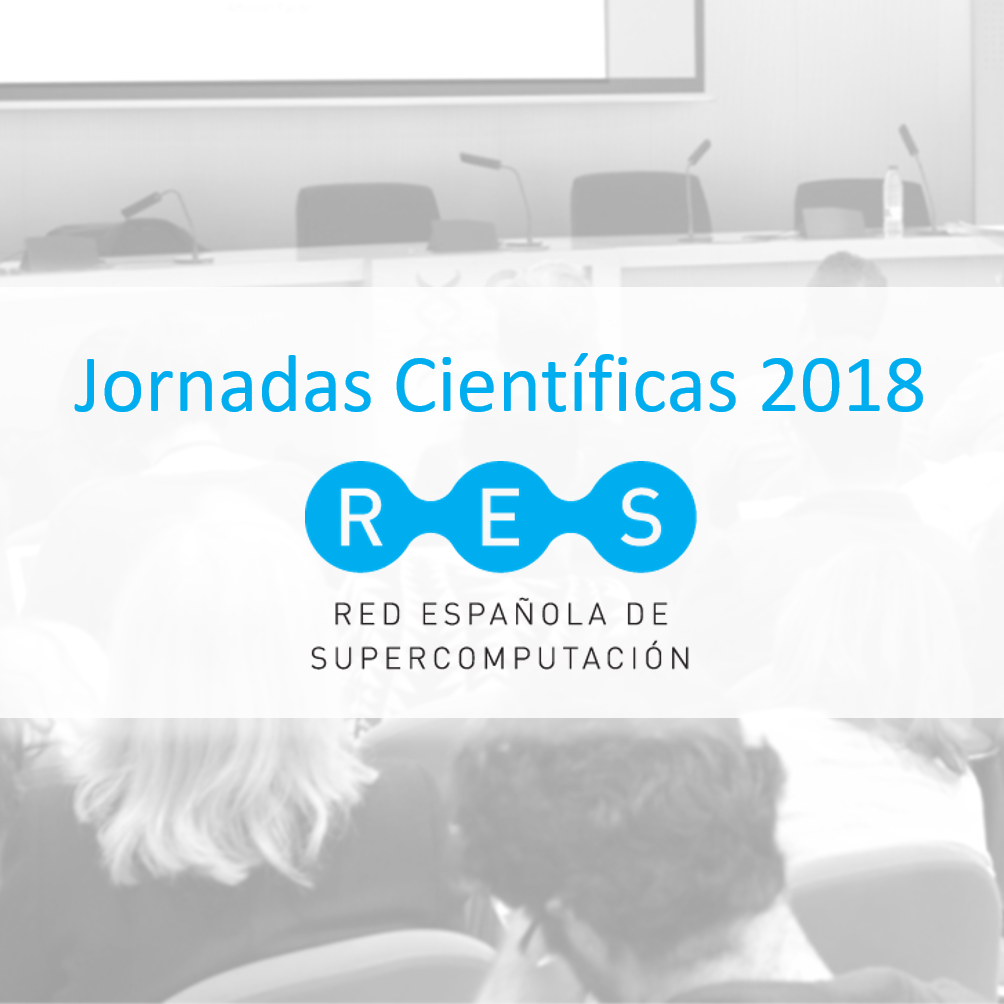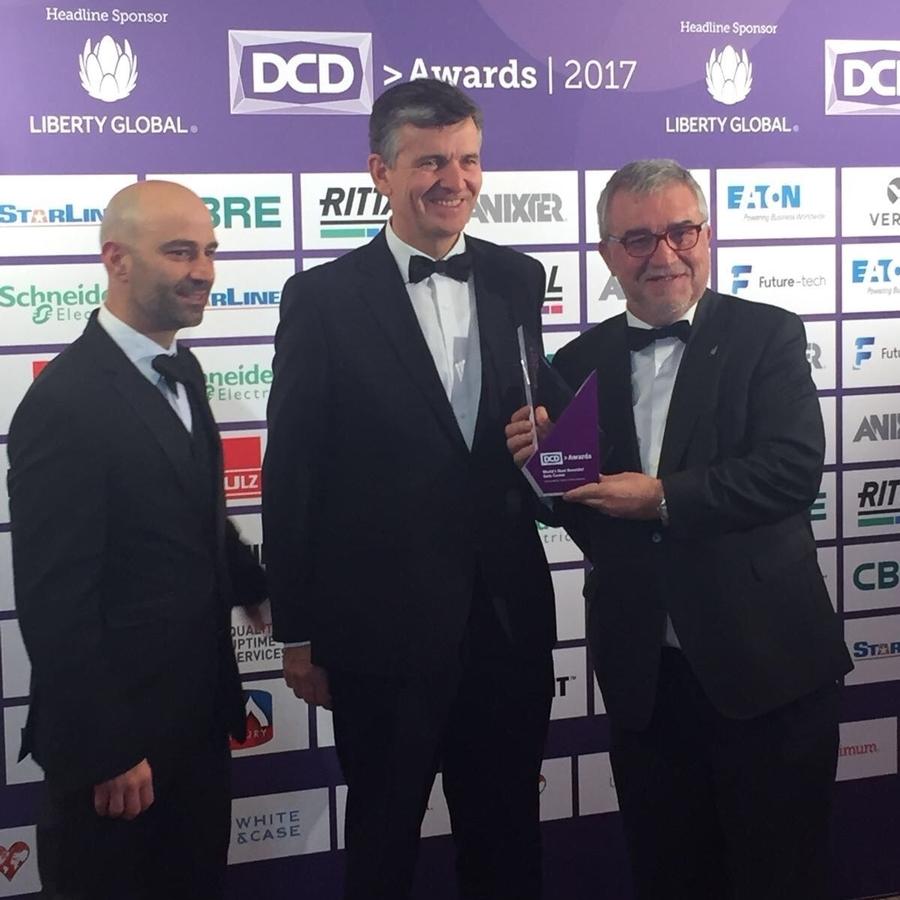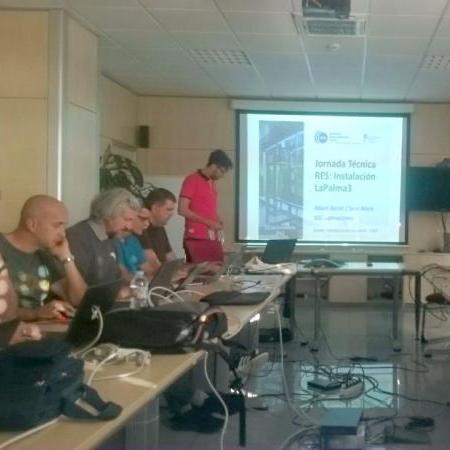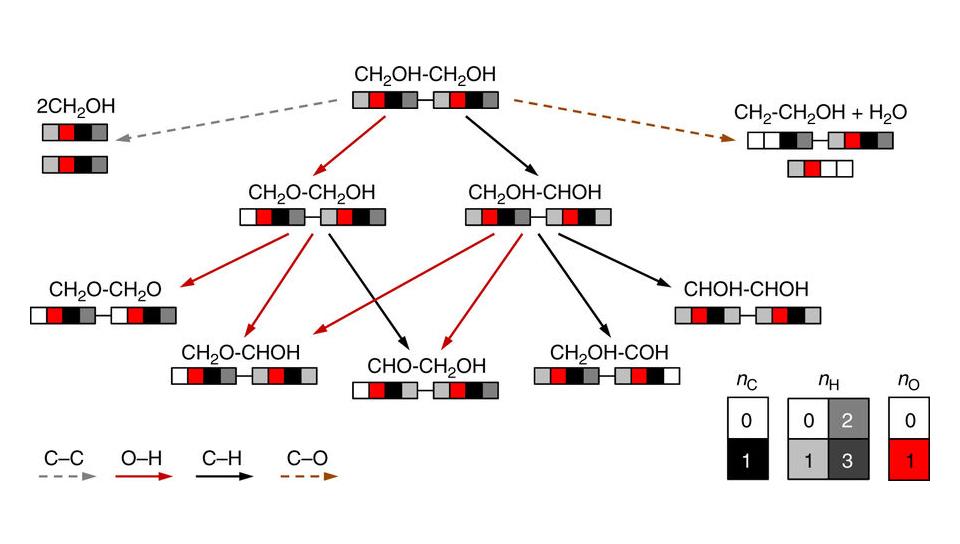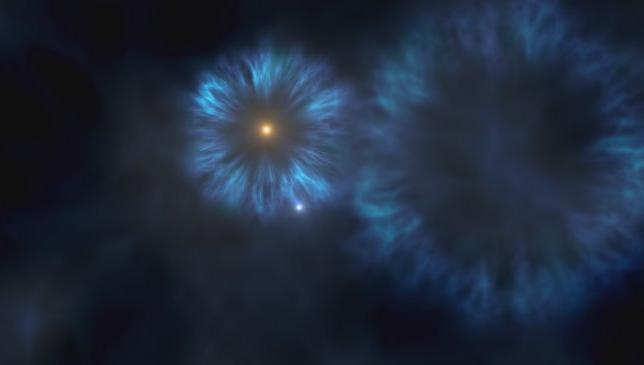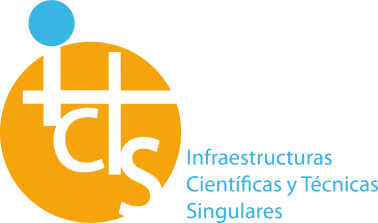|
| NEWSLETTER March 2018 - No. 3 |
|
| News |
|
The Spanish Supercomputing Network will sponsor five scientific workshops during 2018
One of the objectives of the RES is to promote knowledge about supercomputing technologies among the research community in Spain. For this reason, the RES sponsors the organization of scientific workshops that focus on the application of supercomputing technologies in a specific scientific area. In 2017, more than 300 researchers participated in the scientific workshops funded by the RES.
|
|
|
|
MareNostrum 4, chosen as the most beautiful data centre in the world
MareNostrum 4, the main supercomputer of Barcelona Supercomputing Center (BSC), has won the prize to the Most Beautiful Data Center in the World, organized by Datacenter Dynamics (DCD). The award has been granted by popular vote and the awards ceremony took place on December 7th in London.
|
|
|
|
|
|
|
| Upcoming events |
|
|
30
|
MAY 2018 |
High performance computing for next generation nanomaterials & nanodevices engineering
Location: Bellaterra (Barcelona)
Description: The High performance computing for next generation nanomaterials & nanodevices engineering workshop is an event, to be held at the Catalan Institute of Nanoscience and Nanotechnology (ICN2), sponsored by the Red Española de Supercomputación (https://www.res.es/), and which aims at presenting the use of high performance computing (HPC) in forefront research in nanomaterials, molecular electronics and nanodevices, to potential users of the RES HPC resources. |
|
|
|
20
|
SEP 2018 |
12th RES Users' Meeting & 7th HPC Advisory Council Conference
Location: Valencia
Description: The Spanish Supercomputing Network (RES) organizes every year a users’ meeting to inform about RES resources and procedures. This event aims to be a discussion forum among RES users, technical staff, the access committee and the users’ committee. In addition, the scientific parallel sessions and the poster session will promote the dissemination of highlighted research results of RES users. |
|
|
|
| Research highlighted results |
Multiscale modelling to improve hydrogen production
Alcohols and sugars are among the main derivatives of non-edible biomass. The transformation of these molecules into hydrogen or other chemicals by reforming technologies could lead to a more sustainable future. However, hydrogen production from long-chain alcohols has a very complex reaction networks. Prof. Núria López’s group from the Institut Català d’Investigació Química, user of RES supercomputing resources since 2006, did a complete multiscale model on alcohols reforming that was published in Nature Communications. The models, based on DFT and microkinetics, were computed in MareNostrum supercomputer, at the Barcelona Supercomputing Centre.
|
IAC astronomers find one of the first stars formed in the Milky Way
Researchers at the Instituto de Astrofísica de Canarias (IAC) have identified, using the Gran Telescopio de Canarias (GTC) one of the first stars formed in the Milky Way, which is a key to the formation of the first chemical elements in the Galaxy. The study, published in the scientific journal The Astrophysical Journal Letters, presents the discovery of one of the stars with the least content of “metals” (heavy elements) known. The star is at 7,500 light years from Earth, in the halo of the Milky Way, and is along the line of sight to the constellation of the Lynx.The calculations needed to carry out this study were executed in the RES supercomputer LaPalma.
|
|
|
|
| Access to RES resources |
Next deadline
You can send proposals to have access to RES resources in the second period of 2018 before:
25 APR 2018
11:00 CET
|
|
|
|
|
|
|
|

